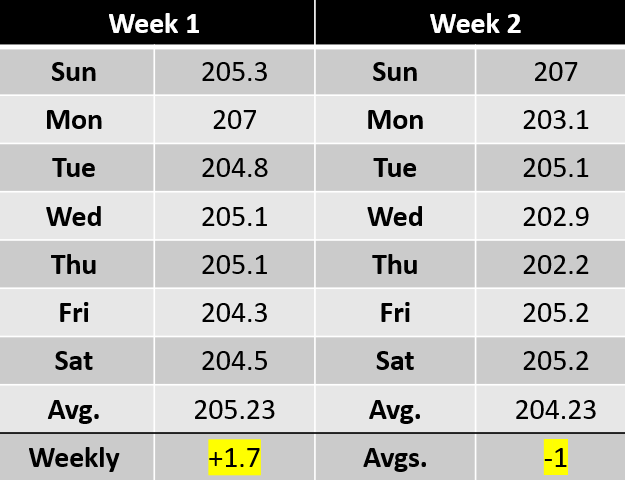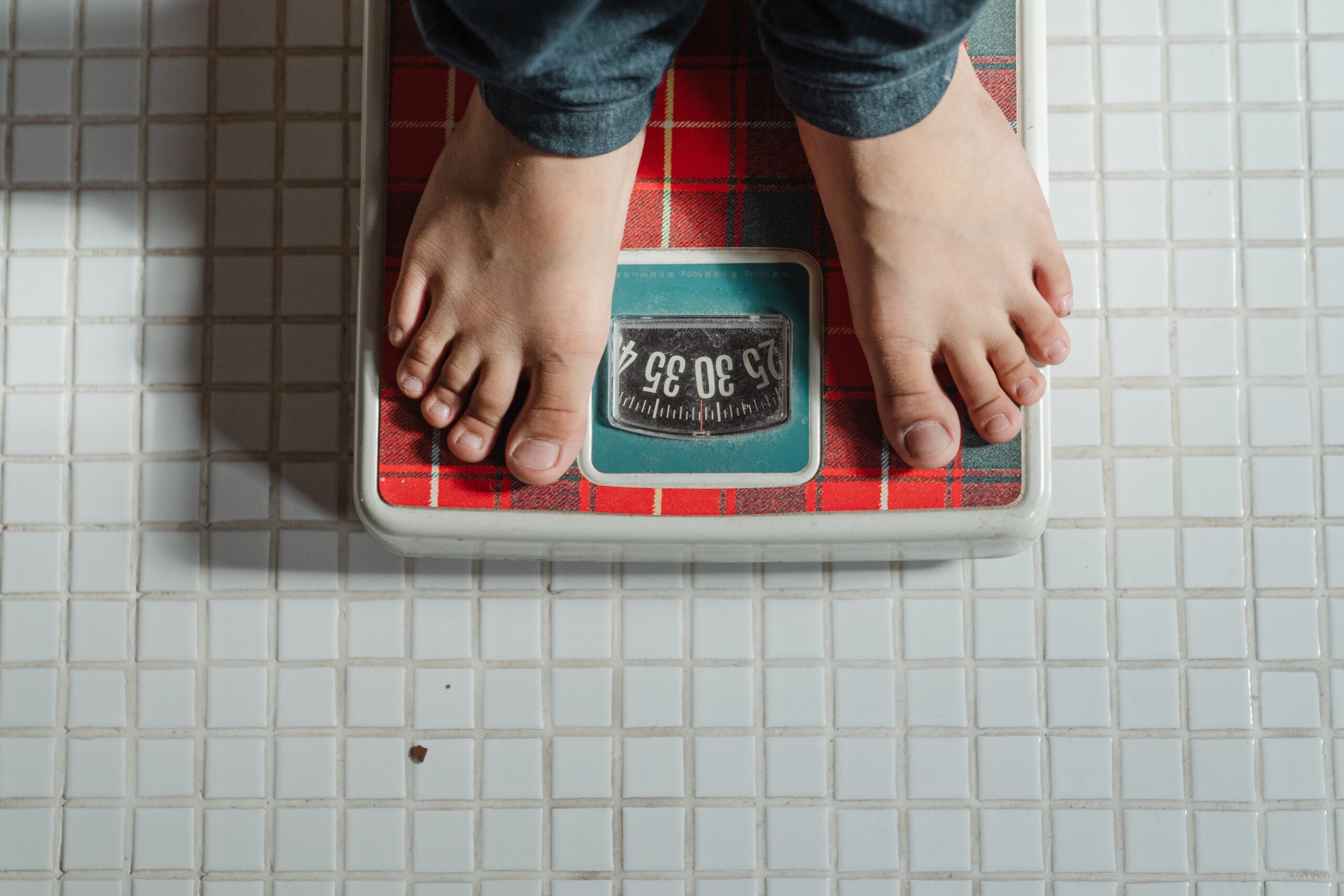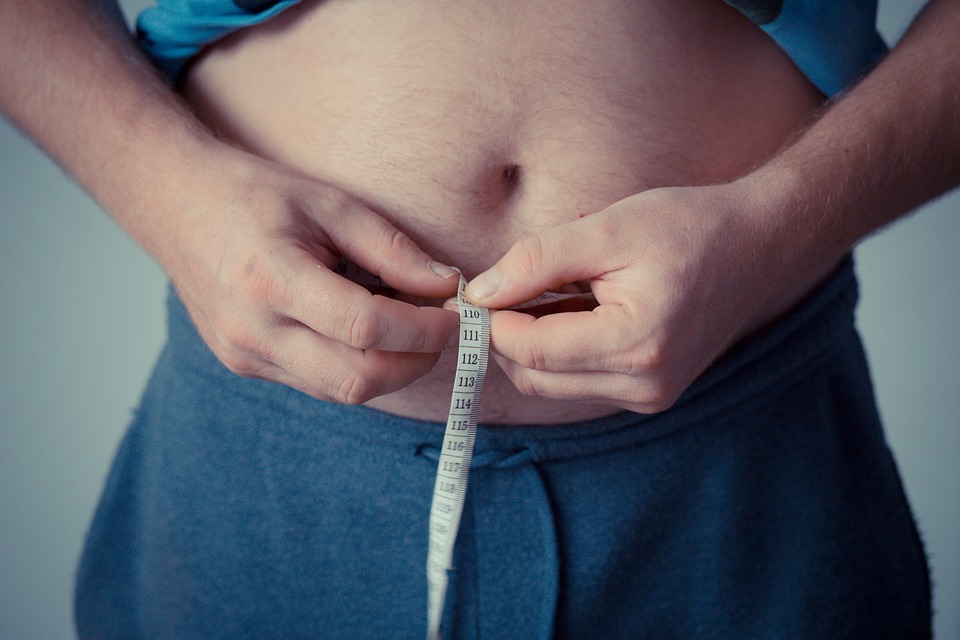Have you ever wondered how often to weigh yourself?
Weight Watchers tells you to do it weekly (spoiler alert: this is a horrible idea). Instagram influencers tell you “you’re more than a number” and not to weigh in at all.
Then there’s me: telling you to weigh in every damn day.
I know, I know.
The number stresses you out. You have a bad relationship with the scale. You don’t want it to get in your head, or discouraged, as you have, historically.
But I’m curious: have you ever been taught scale science? The actual process of interpreting data (which is all weigh-ins are)? And how to weigh yourself correctly? Because there is a correct way:
→ Every single morning
→ After using the bathroom
→ Before getting dressed
→ Before eating or drinking
It’s worth noting: even if you do weigh in correctly, daily readings are useless. They don’t measure body composition (what we’re really interested in), or account for…
• Water fluctuations
• Menstrual cycles
• Sodium intake
• Recent workouts
• Gut content
• Bowel movements
• Your clothing (if any)
• Your scale’s quality
Again, this makes daily readings useless, and pointless to react to (if you understand the science). You’ll want to assess weekly averages, instead—and this graph of an actual client’s weigh-ins explains why:

If I had this client weigh in weekly, he might’ve thought he gained 1.7 pounds between Sunday the first week, and Sunday the second week—but he really lost a pound (an excellent rate of progress).
Frankly, this example alone is enough to “justify” daily weigh-ins. But, to play devil’s advocate, there are other factors to consider:
1) There are equally (if not more) valuable measures of progress
These can include progress photos, measurements, clothing sizes, and more. In general, I have my clients use 2-3+ measures at all times (to get an accurate picture of overall progress).
If you’re taking progress photos, take them like this every 2-4 weeks:
If you’re taking measurements, taking them like this every 2-4 weeks:
Naturally, clothing sizes won’t change as often—but they’re still a valuable metric (and often more satisfying than arbitrary numerical change).
IMPORTANT: If you’re seeing changes in photos, measurements, OR clothing sizes, and bodyweight averages aren’t moving: you’re making progress. Again, the scale doesn’t measure body composition, or muscle you’ve gained while losing fat.
2) Temporarily stepping off the scale can be helpful for overcoming scale stress
Again, completely avoiding the scale is a bad idea, as it keeps us out of touch with our bodyweight (an important health metric), and reinforces the scale being stress-worthy (as you now know: it’s not).
But, in certain cases, temporarily stepping away from the scale (to place greater emphasis on non-scale metrics) can be valuable for overcoming stress.
Eventually, though, you’ll want to “take your power back” (with hard facts and science), as avoidance is an ineffective coping mechanism.
———
One more thing…
Progress isn’t linear (even IF you’re “perfect” with your plan).
No matter what you do, your average won’t go down every week (anywhere from .5% to 1.5%, most weeks, is plenty fast). Expecting anything else is (A) short-sighted and (B) impatient.
When assessing client weigh-ins, I look at averages over several month stretches (along with progress photos, measurements, and more)—which is EXACTLY what I recommend you do, now that you know how to weigh in and interpret the numbers.
Learn more about the Hercules Performance Method (and a stress-free transformation process) HERE.





